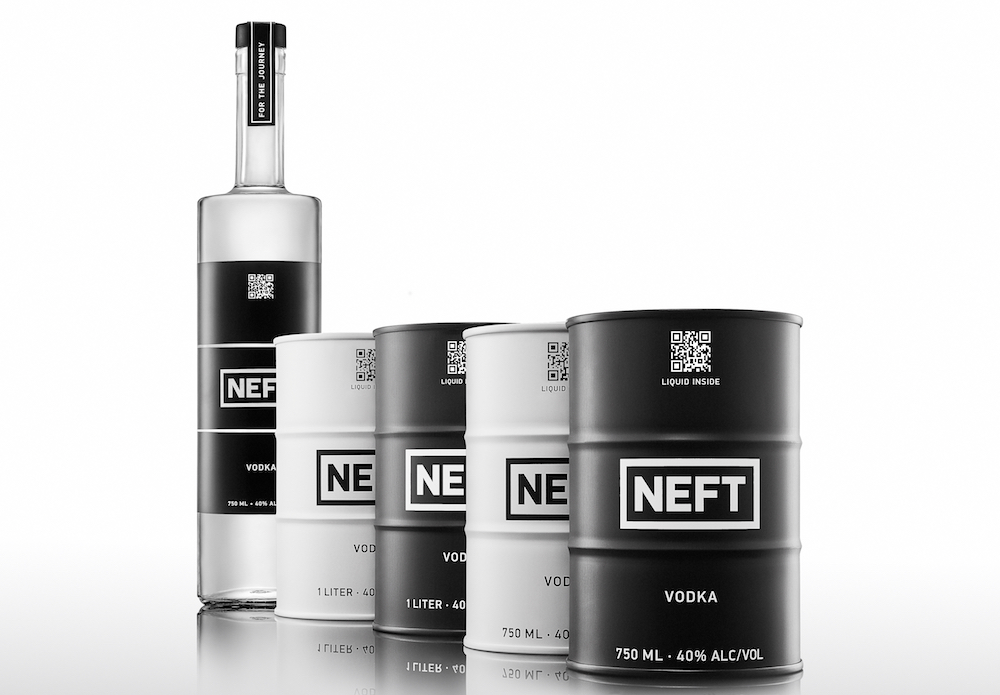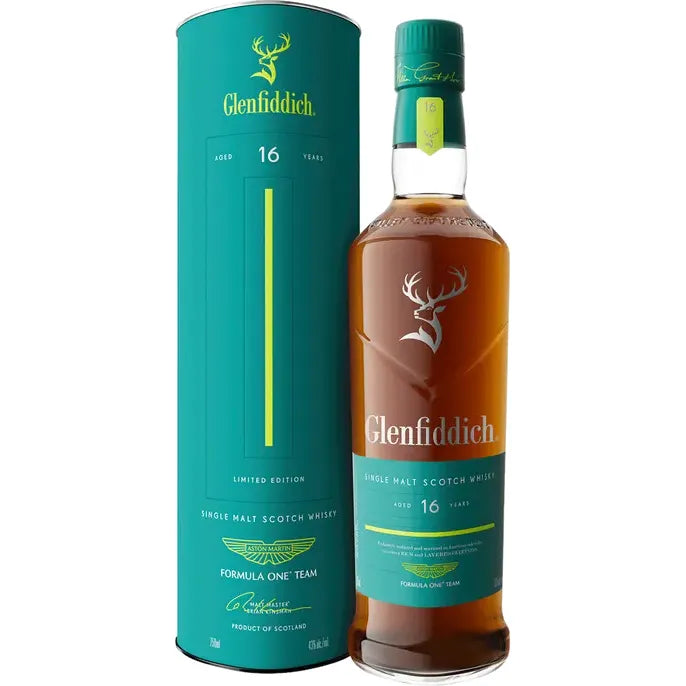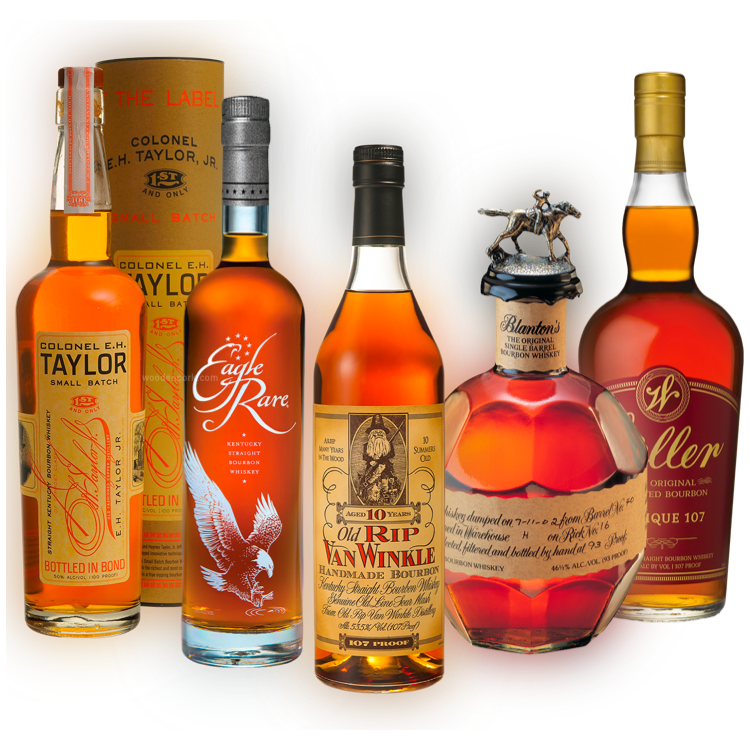Interview: How Spirits Brands are Eco-Friendly
While there are numerous entrants to the sustainable spirits category each year, two suppliers that are actively promoting their sustainable practices are featured here. Brown Forman and Neft Vodka are each at different growth stages, launching decades apart, but both are committed to the ideals behind the sustainable products movement and environmentally friendly practices in general.
Brown-Forman
As a company going back generations and dependent upon long-term planning for the success of its wine and spirit brands, Brown-Forman has long embraced sustainability within its company culture. I recently spoke to Suzette Carty, the company’s Senior Manager Environmental Sustainability, about Brown-Forman’s products and practices.
Beverage Dynamics: How does sustainability fit into Brown-Forman’s culture?
Suzette Carty: Our focus on sustainability is an integral part of our heritage, and as a business practice we’ve integrated it over decades as we responsibly grow while protecting the natural environment on which we depend. We’ve elevated sustainability more formally into our business strategy as a strategic priority, and continue to embed sustainability across business functions. Our efforts include increasing collaboration with our supply chain partners, and aligning with the U.N. Sustainable Development Goals.
BD: In what ways are your products, packaging, production methods or other business practices sustainable?
SC: Our Sonoma-Cutrer wines are made by a team dedicated to embedding sustainability into the way we produce our fine wines. The brand’s vineyards and winery operations are certified through the California Sustainable Winegrowing Alliance, and our operations are certified as Fish Friendly Farming, a program for agricultural properties that are managed to restore fish and wildlife habitats and improve water quality. We harvest grapes at night to avoid refrigeration and we implemented on-site solar energy, providing 150,000 kilowatt hours of energy for our warehouse. Our warehouse expansion also received the LEED gold certification in 2015.
Our company-owned operations have collectively diverted 99.7% of waste from the landfill. At the Jack Daniel Distillery, we’ve had a zero waste mindset across all aspects of our production process for many years. Our grain and yeast by-product from the distilling process is sold as cattle feed. The sugar maple charcoal used for filtering has its life extended as smoking pellets for barbecues. Our barrels are repurposed for scotch whisky and tequila, or if they’re no longer able to hold liquid they’re made into planters, smoking chips, furniture and charcoal.
BD: How do you partner with members of the beverage industry to promote sustainability?
SC: Not only do we collaborate to develop programs to reduce our environmental impact, but we help spread awareness to our customers, consumers, community partners and other stakeholders. Increasingly, our brands are incorporating sustainable messaging into communications with accounts sharing how to be more environmentally mindful when making cocktails. Finlandia Vodka has fantastic cocktail tips they share that focus on minimizing waste, using alternatives to plastic straws and reusing leftover ingredients for flavors and garnishes.
We also partner with our industry peers knowing that collective action can make transformational changes. Recently, with other members of the Beverage Industry Environmental Roundtable, Casa Herradura began collaboration on a project to address watershed challenges in Jalisco Mexico to restore 21.5 hectares of land important to providing water to the region.
Neft Vodka
I recently spoke to Neft Vodka CEO Jeff Mahony about the brand’s commitment to sustainability and its unique packaging.

Beverage Dynamics: How does being sustainable fit into your company’s culture?
Jeff Mahony: Sustainability is a key tenet of our brand, as well as a cornerstone of our corporate culture. We make every attempt to be planet-friendly without compromising the clean, smooth and balanced flavor profile of Neft.
The vodka is produced, from the first rye grain to the final sip from the recyclable barrel, via methods that are meant to preserve the environment for the sake of generations to come. To that end, our employees are encouraged to uphold our sustainable culture and are continually finding new ways to conserve energy and reduce waste. Some examples include the decision to prohibit plastic water bottles, a ban on printing documents or materials unless absolutely necessary and the use of recycled materials for the new bar in our Neft Lounge in El Segundo, CA.
BD: How are your practices sustainable?
JM: We’re focused on minimizing our environmental impact throughout the production process. From the sourcing of the grain to our protected water supply and our highly recyclable aluminum and tin packaging. We distill and package in Austria, a world leader in agri-environmental programs. We selected the location not only for its pure and protected Alps spring water and proximity to the source of our four non-GMO rye grains, but also for its commitment to organic and sustainable production methods. Our distillery is also powered by low-carbon natural gas and is moving toward 100% renewables.
Our packaging is lighter than glass and carries a smaller carbon footprint when transported. Tin is also easier to recycle and aluminum contains, on average, 70% recycled content (more than 3x the amount in glass or plastic).
BD: How has consumer sentiment around sustainable products shifted in recent years?
JM: We see purchasing decisions by consumers being driven more and more towards favoring brands whose values match their own. Sustainability is chief among the principles that fall within this trend. Consumers are increasingly seeking out and even affording a premium to brands that successfully implement sustainable methodologies in their production, ingredients and packaging.
Jeremy Nedelka is Content Director of Beverage Dynamics magazine.
The post Interview: How Spirits Brands are Eco-Friendly first appeared on Beverage Dynamics.



